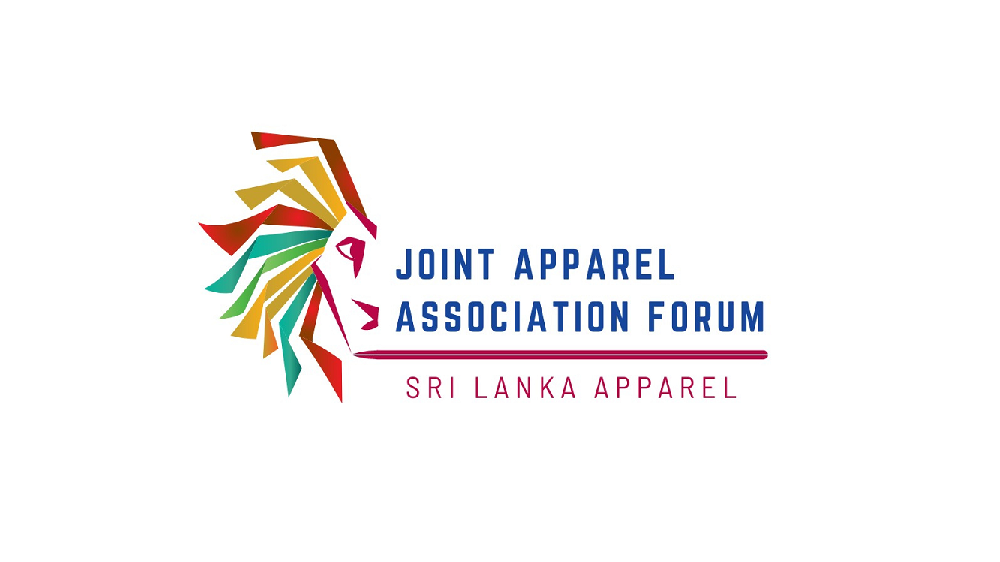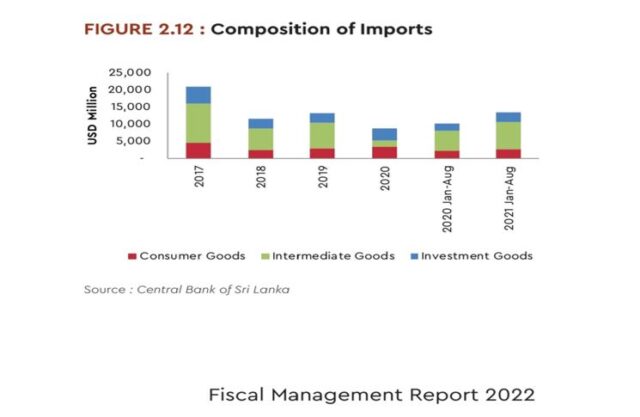
10th November 2022: The Joint Apparel Association Forum (JAAF) has urged the Government to urgently expedite negotiations on Free Trade Agreements (FTAs) to enhance the industry’s resilience and global competitiveness amid rising fears of a global economic recession.
Elaborating on its rationale, the Association noted that FTAs have become an integral part of the global trading system, particularly over the past three decades. In that time there has been an exponential increase in FTAs notified to the WTO – from just 19 in 1990 to 292 by January 2019.
In the last decade, Asian countries in particular have understood the crucial value of Free Trade Agreements as a means to liberalize trade and investment. Vietnam for example has an impressive growth trajectory in exports that correlates closely with the FTAs entered into by them, with the Vietnamese government making necessary commitments to ensure compliance. Sri Lanka currently faces the risk of losing out on trade benefits enjoyed by regional peers as countries like Indonesia, Vietnam and India are already in advanced FTA negotiations with the European Union. Indonesia having started discussions as early as 2016 enjoyed leeway to restart trade negotiations to suit new realities with the breakout of the pandemic.
Sri Lanka is a member of just two bilateral trade agreements and three regional trade agreements. In order to harness the power of trade to spark an economic revival, JAAF noted that all stakeholders would have to work together in order to improve the utilization of Sri Lanka’s existing agreements, in addition to negotiating new concessions.
According to the World Bank, trade as a percentage of the GDP of the world was 26.5% in 1970 and by 2020 it increased to 52%. This illustrates how countries around the world have understood the value of trade in promoting competition, achieving prosperity and sustainable growth in the long term.
Sustaining resilience
Merchandise exports of which apparel is the largest contributor, has been the backbone of the island’s economy since the wake of the pandemic and the economic crisis, particularly in terms of generating much-needed foreign currency. Notably, merchandise exports secured a 2.25% Year-on-Year (YoY) increase in July up to US$ 1.13 billion, primarily owing to improved export earnings from the apparel and textile sector. Despite increasingly volatile local and global conditions, the sector continued to deliver outstanding results with apparel exports soaring to a record high of $ 451.46 million in September. However, JAAF’s membership have been calling for caution as international market conditions continue to tighten, particularly in Sri Lanka’s most valued export markets.
Sri Lanka’s top five apparel export markets are the United States, United Kingdom, Italy, Germany and the Netherlands. Currently, the US, EU and the UK comprise about 86% of Sri Lanka’s total exports.
However, the rise in inflation and a significant risk of winter gas shortages in the island’s primary export markets such as the UK and EU has severely compromised the industry’s ability to solely rely on these countries to maintain its commendable export performance. According to JAAF, the signs of a slowdown are already emerging, including a drop in foreign orders to the industry.
In that context, JAAF reiterated the need for Sri Lanka to diversify its apparel export markets with countries like China, India, Japan and Australia. The Association also commended efforts taken by the Government to expedite FTAs with China and Singapore. Considerable progress has been made already.
Creating an even playing field
Attaining self-sufficiency and producing more complex products solely within Sri Lanka is not viable in a globalized economy where Sri Lanka is unable to generate the capacity or the economies of scale necessary to compete on volume.
Additionally, more than 50% of Sri Lanka’s imports comprise intermediate goods necessary to sustain operations of export industries. Therefore, Sri Lanka must focus on export development and improved and diversified access to international markets in order to fund imports necessary to keep the nation’s economic engine running.

Sri Lankan apparel firms are also prevented from competing on a level playing field with regional apparel powerhouses like Vietnam, Thailand and Bangladesh, all of whom have secured preferential access and duty concessions to international markets that Sri Lanka does not have.
The impact on the prosperity of these nations is visible through trade in their sustained growth in share of trade as a percentage of GDP over the years. In Thailand, trade as a percentage of GDP was 75.8% in 1990 and increased to a 117% in 2021. In Bangladesh it was 19% in 1990 and increased to 28% in 2021.
By contrast, Sri Lanka’s trade concessions are confined to the UK and EU and come with a variety of strict conditions pertaining to WTO’s rules of origin, compromising Sri Lanka’s utilization of these concessions to about 50%. However, it is important to note that the barriers of rules of origin are curbed to a great extent for Sri Lanka under UK’s new Developing Country Trading Scheme (DCTS). Further, Sri Lanka is also at the risk of losing GSP + concessions by December 2023 if the stipulated socio-economic requirements of the scheme are not met.
Key FTA priorities Sri Lankan apparel
The Chinese FTA is of paramount importance to the apparel industry to eliminate the barriers for apparel exports. JAAF understands the negotiations depend on the progress of sovereign debt restructuring with China. However, JAAF is hopeful to gain more clarity on negotiation timelines from the Department of Commerce in the coming weeks.
Further, to integrate better with the region, the industry is hopeful to receive preferential access to the Indian market where we are currently restricted to only supplying 8 million pieces. The industry also sees opportunity in lobbying for Canada’s GPT + scheme. Opportunities also exist with the UK’s new DCTS scheme. The UK is aggressively looking at FTAs and has already progressed with many countries including India. Sri Lanka should not get left behind at this critical time.



